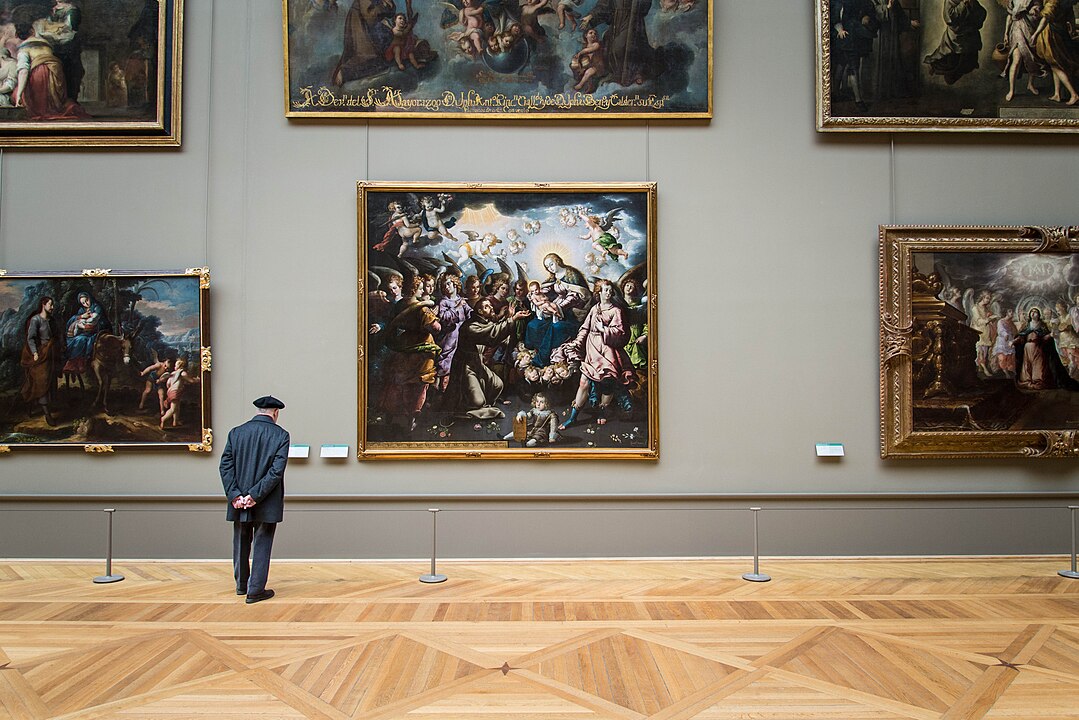Toolkits that enable multi-sensory interaction with digital museum objects, algorithms that teach how to transcribe heritage content, or an algorithm that recognises facial expressions and emotions. The SHIFT project, funded by the Horizon programme, is developing advanced technological tools to ensure that everyone can enjoy Europe's cultural heritage.
SHIFT leverages advances in artificial intelligence and machine learning to create a set of toolkits to make cultural heritage more accessible, inclusive and engaging for all. The technological solutions for European cultural heritage institutions and businesses focus on technologies such as computer vision, audio, text-to-speech, haptics, semantics and linguistics to address the current shortcomings and limitations of Europe's cultural and creative industries.
Among the proposed solutions is a visual toolkit that uses AI and machine learning algorithms to automatically transcribe cultural heritage content. Another proposal includes an international property rights toolkit to address the challenge of protecting digital native content.
An auditory toolkit is also being designed to “deliver an emotional response to the audience” with the use of a text-to-speech tool.
SHIFT is also developing a haptics toolkit that will enable multi-sensory interaction with digital objects. The toolkit will allow users to explore 3D and 2D objects in museums and other cultural venues through a novel approach using a haptic glove. The glove provides sensory feedback that mimics the feeling of touching a digital object.
Through these toolkits, SHIFT aims to help cultural heritage institutions grow and provide new experiences for all European citizens, including people with disabilities.
SHIFT has also launched an extensive series of workshops, focus groups and use cases to assess user needs and test solutions at partner sites in museums and libraries in Germany, Greece, Hungary, Romania and Serbia. The feedback will be used to develop technical solutions that are more inclusive and accessible to all museum and library users.
--
Photo credit: Jon Westra
Photo source








